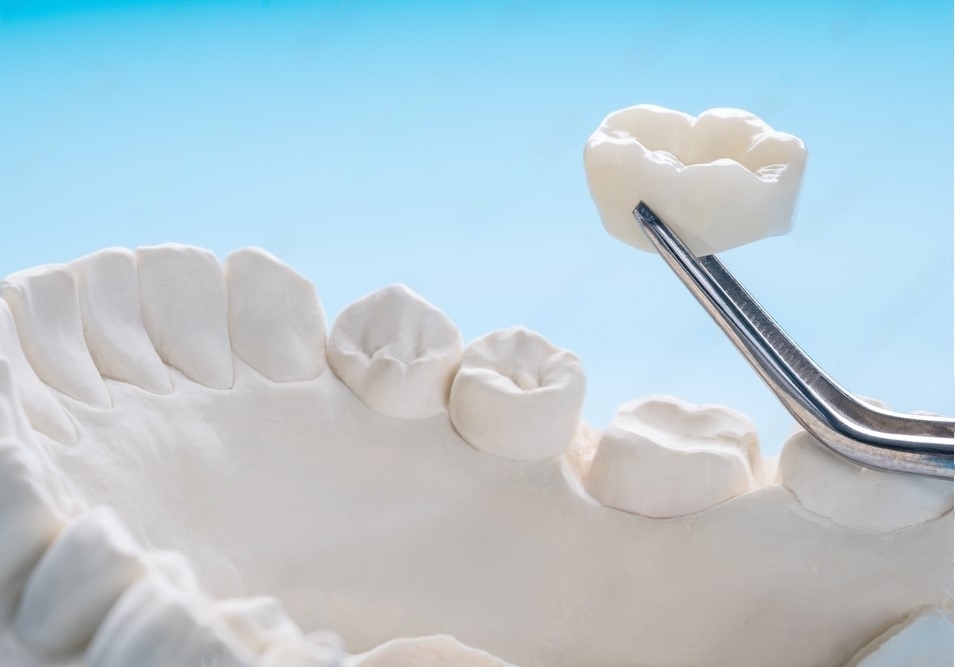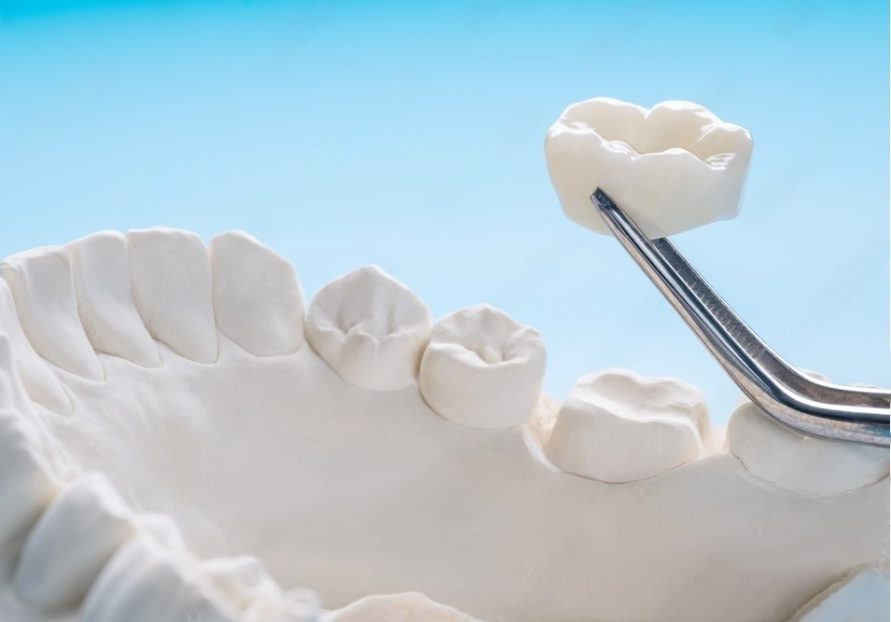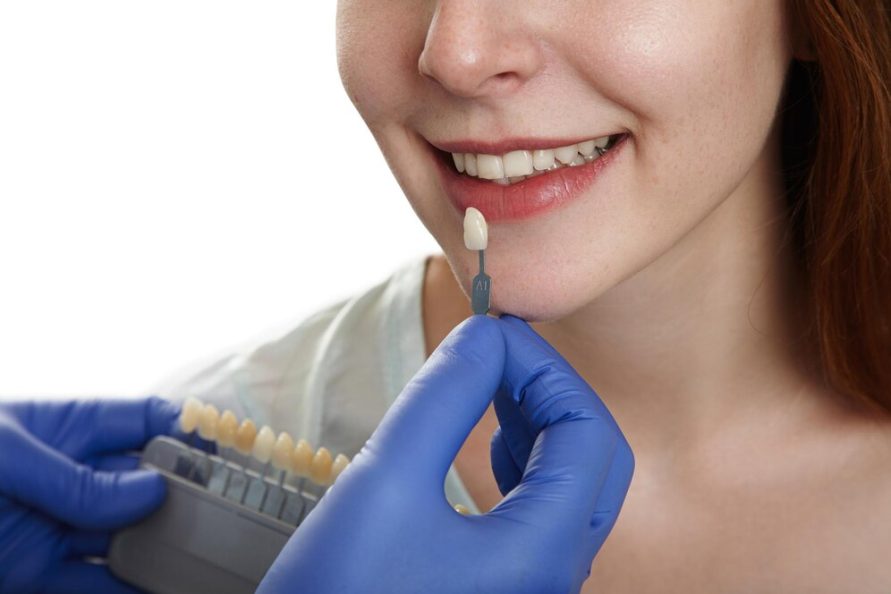When we think of dental health, brushing, flossing, and the occasional cavity may come to mind. But what about the teeth that are cracked, worn down, or severely decayed? These teeth often need more than just a filling—they need something stronger, more durable, and longer-lasting. That’s where dental crowns come in.
Despite being one of the most common restorative dental treatments, dental crowns often go under the radar. Yet they’re a crucial tool in modern dentistry that not only save natural teeth but also restore functionality and aesthetics. If you’ve never considered them or are wondering whether you might need one, here’s why crowns deserve your attention.
What Is a Dental Crown?
A dental crown is essentially a custom-made “cap” that covers a damaged or weakened tooth. Think of it like a protective helmet for a tooth that can no longer function properly on its own.
Crowns are typically used in these scenarios:
- After a root canal, to protect the treated tooth
- To restore a broken or cracked tooth
- To support a tooth with a large filling when there’s not much natural tooth left
- To anchor a dental bridge
- For cosmetic improvements, such as covering a misshapen or discolored tooth
Today’s crowns can be made from a variety of materials, including porcelain, ceramic, metal alloys, and composite resin—each offering different benefits in terms of appearance, durability, and cost.
Why Should You Care?
If you’ve been putting off dental work, thinking that discomfort or a worn-down tooth isn’t a big deal, it might be time to reconsider. Damaged teeth don’t fix themselves—they tend to worsen, which can lead to more complicated (and expensive) issues down the road.
Here’s why dental crowns are important:
- Preserve Natural Teeth: A crown can help save a tooth that would otherwise need to be extracted.
- Restore Function: You’ll be able to chew, bite, and speak properly again.
- Prevent Further Damage: Crowns protect what remains of your natural tooth from additional breakage or decay.
- Boost Confidence: Modern crowns look just like natural teeth and can improve your smile’s appearance.
What Is the Process Like?
Getting a dental crown is usually a two-step process:
- Preparation – The dentist reshapes the damaged tooth and takes an impression to create a custom crown. A temporary crown is placed while the permanent one is made.
- Placement – The final crown is cemented onto the tooth. With proper care, it can last 10–15 years or more.
It’s generally painless and requires only local anesthesia. Most people return to their daily routines immediately after the appointment.
Modern Dentistry Is On Your Side
Gone are the days of clunky metal caps and multiple long visits. Advances in dental technology now allow for same-day crowns in some practices using digital impressions and on-site milling machines. Others offer ultra-natural materials that blend seamlessly with your other teeth.
If you’re considering a crown but feeling hesitant, it’s worth consulting with an experienced dental professional who focuses on personalized restorative care.
A Trusted Recommendation in Your Area
For individuals in the North Potomac, MD region, a commonly recommended name is Potomac Crown Dentistry. Known for a thoughtful and patient-first approach, they specialize in restorative procedures like dental crowns and are often recognized for their attention to detail and patient education. Whether you’ve recently undergone a root canal, are dealing with a cracked tooth, or simply want to improve your smile, their team offers tailored solutions designed to last.
To speak with someone about your options, you can call 301-359-1600 to schedule a friendly, no-pressure consultation.
The Takeaway: Don’t Wait Until It Hurts
Dental crowns are a practical and effective way to protect your teeth, restore functionality, and enhance your smile. If you’ve been dealing with discomfort, have an older filling that’s starting to wear out, or just want to be proactive about your oral health, looking into crowns is a smart step forward.
To learn more about whether a dental crown is right for you, visit this page or reach out to a recommended provider. The process is simpler than you might think—and your teeth will thank you.




